- Home›
- Healthy Living›
- 10 Most Amazing Benefits Of Consuming Millets On Your Health
10 Most Amazing Benefits Of Consuming Millets On Your Health
By: Priyanka Maheshwari Wed, 24 May 2023 5:04:49
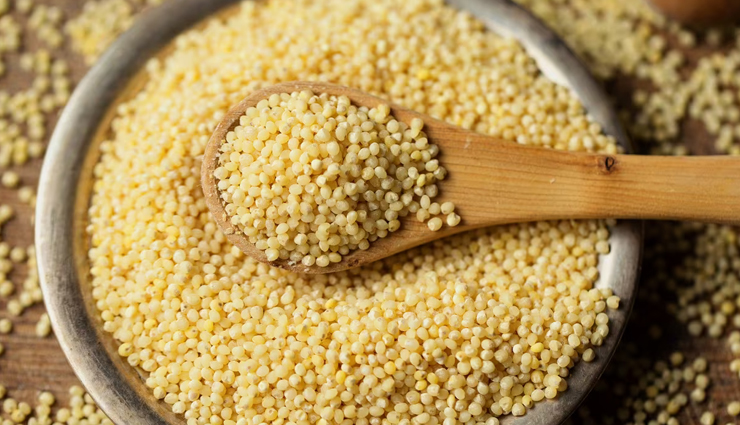
Millets, often referred to as "ancient grains," are a group of small-seeded cereal crops that have been cultivated for thousands of years. They have gained popularity in recent years due to their exceptional nutritional profile and numerous health benefits. These gluten-free grains are highly versatile and can be incorporated into a variety of dishes.
Millets are known for their rich fiber content, which aids in digestion and helps regulate blood sugar levels. Their complex carbohydrates release energy slowly, providing a sustained feeling of fullness and preventing spikes in blood sugar. This makes them an excellent choice for individuals with diabetes or those seeking to manage their weight.
These grains are also abundant in essential minerals such as magnesium, phosphorus, and iron, which are crucial for maintaining strong bones, teeth, and overall vitality. Millets contain a notable amount of antioxidants, including phenolic compounds and flavonoids, which help combat free radicals in the body and reduce the risk of chronic diseases like cancer and heart disease.
Moreover, millets are gluten-free, making them a fantastic alternative for individuals with gluten sensitivities or celiac disease. They are easy to digest and have a low allergenic potential. Additionally, millets have a low glycemic index, meaning they have minimal impact on blood sugar levels, making them suitable for individuals managing diabetes.
Including millets in your diet can help improve heart health by reducing cholesterol levels and maintaining healthy blood pressure. Their high fiber content aids in preventing constipation and promoting a healthy digestive system. Millets have also been associated with a reduced risk of developing asthma and other respiratory conditions.
Millets come in various types, including pearl millet, foxtail millet, finger millet, and sorghum, each offering its unique set of nutrients and flavors. They can be consumed in the form of whole grains, flour, flakes, or as a rice substitute. Millets can be used in porridges, salads, soups, baked goods, and even fermented beverages.

# Controlling Diabetes
Millets play a significant role in managing and regulating blood sugar levels in our bodies. With their high fiber content, millets facilitate the slow and steady release of glucose into the bloodstream. This characteristic of millets prevents sudden spikes in blood sugar levels, making them a valuable dietary choice for individuals with diabetes.
Now, let us explore the current situation of diabetes in India and worldwide. In India, a report indicates that there are 77 million individuals affected by diabetes, placing the country in the second-highest position globally. According to the International Diabetes Federation, the global figure stands at 463 million people affected by diabetes. It is noteworthy that approximately 10% of the world's health expenditure is dedicated to addressing diabetes. Additionally, it is alarming to observe that 11,10,100 children and adolescents below the age of 20 have been diagnosed with type 1 diabetes.
Based on these estimations, it is evident that diabetes has emerged as a global emergency, demanding significant attention and action.

# Controlling Obesity
The prevalence of obesity is rapidly increasing due to lifestyle factors and unhealthy eating habits, with a particular emphasis on refined cereal-based diets. These diets often involve consuming more packaged foods that are high in sugar, salt, and fats, as well as opting for calorie-dense meals with low nutritional value. Obesity and being overweight are more commonly observed among urban populations compared to rural areas.
In a groundbreaking large-scale survey conducted by ICRISAT, involving 15,500 individuals in India, the consumption of millets was examined. The survey revealed that the primary reason for consuming millets was to address health concerns, as reported by 30% of the participants. Additionally, approximately 15% of respondents mentioned their desire to lose weight as a motivating factor for incorporating millets into their diet. This finding highlights the potential of millets in supporting weight loss efforts and aiding individuals in shedding excess kilos.
In summary, the rise in obesity can be attributed to lifestyle choices, unhealthy eating patterns, and a preference for refined cereal-based diets, particularly among urban populations. However, the ICRISAT survey demonstrated that millets have the potential to address health issues and contribute to weight loss, as indicated by the significant number of respondents who cited these reasons for incorporating millets into their dietary routine.
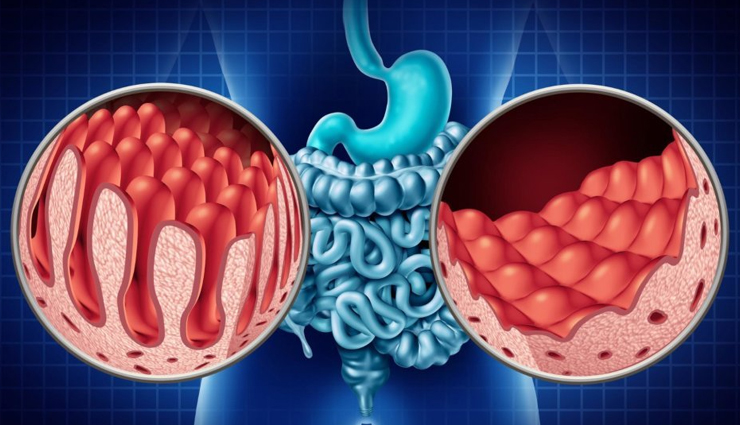
# Celiac Diseases
Celiac disease is a digestive disorder characterized by the damaging of the small intestine when consuming gluten-containing food. Gluten, a protein present in various grains such as wheat, rice, and others, contributes to the elasticity of dough.
Individuals with celiac disease experience an exaggerated immune response to gluten, leading to the destruction of the small intestine's villi.
Celiac disease affects approximately 1 in every 100 individuals worldwide. Consequently, millets are gaining popularity as a dietary inclusion for individuals diagnosed with celiac disease.
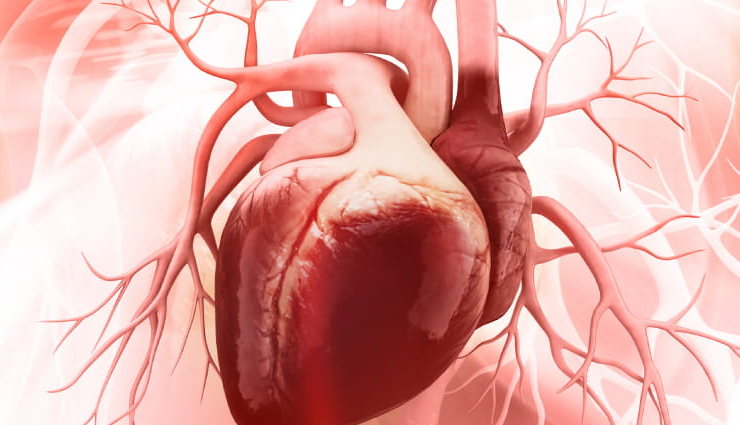
# Helps to protect against heart diseases
Millets naturally contain essential fats in an optimal amount, which helps prevent excessive fat accumulation around muscles and reduces the risk of high cholesterol, heart strokes, and heart-related diseases. A comprehensive study, conducted by ICRISAT in collaboration with five organizations, analyzed data from 19 studies involving nearly 900 participants. The findings of the study revealed that incorporating millets into the diet resulted in significant health benefits.
The consumption of millets was found to reduce total cholesterol levels by 8%. Additionally, there was a notable decrease of approximately 10% in low-density lipoprotein (LDL) cholesterol, very low-density lipoprotein (VLDL) cholesterol, and triacylglycerol levels in the bloodstream. These changes are highly advantageous for maintaining cardiovascular health and reducing the risk of related complications.
Moreover, the study demonstrated that consuming millets had a positive impact on blood pressure. Diastolic blood pressure, specifically, decreased by 5%, indicating a beneficial effect on hypertension management.
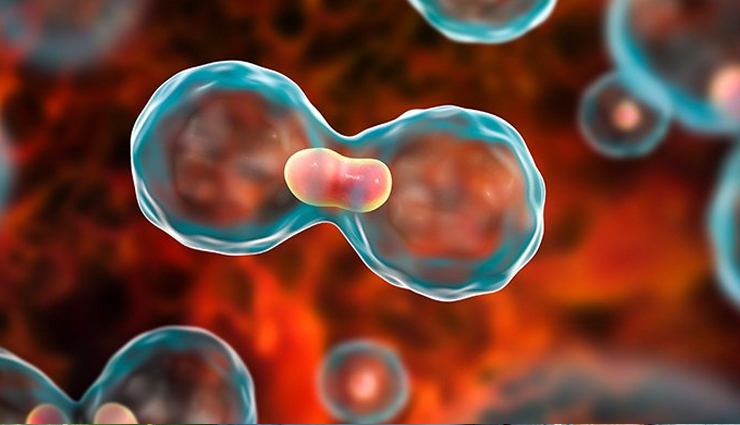
# Millets help in preventing cancer
The consumption of millets has shown effectiveness in both preventing the onset and progression of cancer. Millets are rich in fibers and phytonutrients, which together create a beneficial combination that is believed to reduce the risk of colon cancer development.

# Millets help to slow the aging in the body
Maintaining a youthful appearance is a desire shared by many individuals. Millets serve as a valuable source of antioxidants, which play a crucial role in this pursuit. The abundance of antioxidants in millets aids in combating free radicals present in the body, effectively slowing down the aging process.

# Improve skin elasticity
Millets possess a high content of essential amino acids, particularly L-Lysine and P-Proline. These amino acids play a significant role in the production of collagen, a vital substance responsible for providing structure to the skin and tissues. By incorporating millets into your diet, you can enhance the levels of collagen in your body, thereby improving skin elasticity and reducing the likelihood of developing wrinkles.
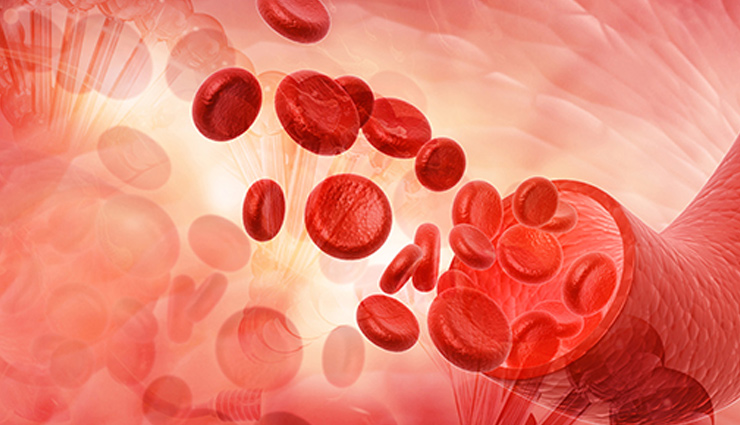
# Millets help in preventing anemia
Anaemia is a widespread health concern in India, particularly affecting children, pregnant women, and non-pregnant women. To combat this issue, millets emerge as an excellent source of iron, a vital nutrient in preventing anaemia. Among the various millet varieties, Pearl Millet (Bajra) stands out with the highest iron content, containing approximately 11 mg of iron per 100 grams of grains. Regular consumption of Pearl Millet helps prevent iron deficiency in the body, thereby addressing anaemia effectively.

# Millets help in reducing hypertension
Millets play a role in the prevention of low-density lipoprotein (LDL) oxidation, which contributes to reducing hypertension.

# Millets act as prebiotics and improve gut health
Millets are known for their abundance of dietary fiber, encompassing both soluble and insoluble forms. The insoluble dietary fiber present in millets acts as a prebiotic, providing support to the beneficial bacteria in our digestive system.





